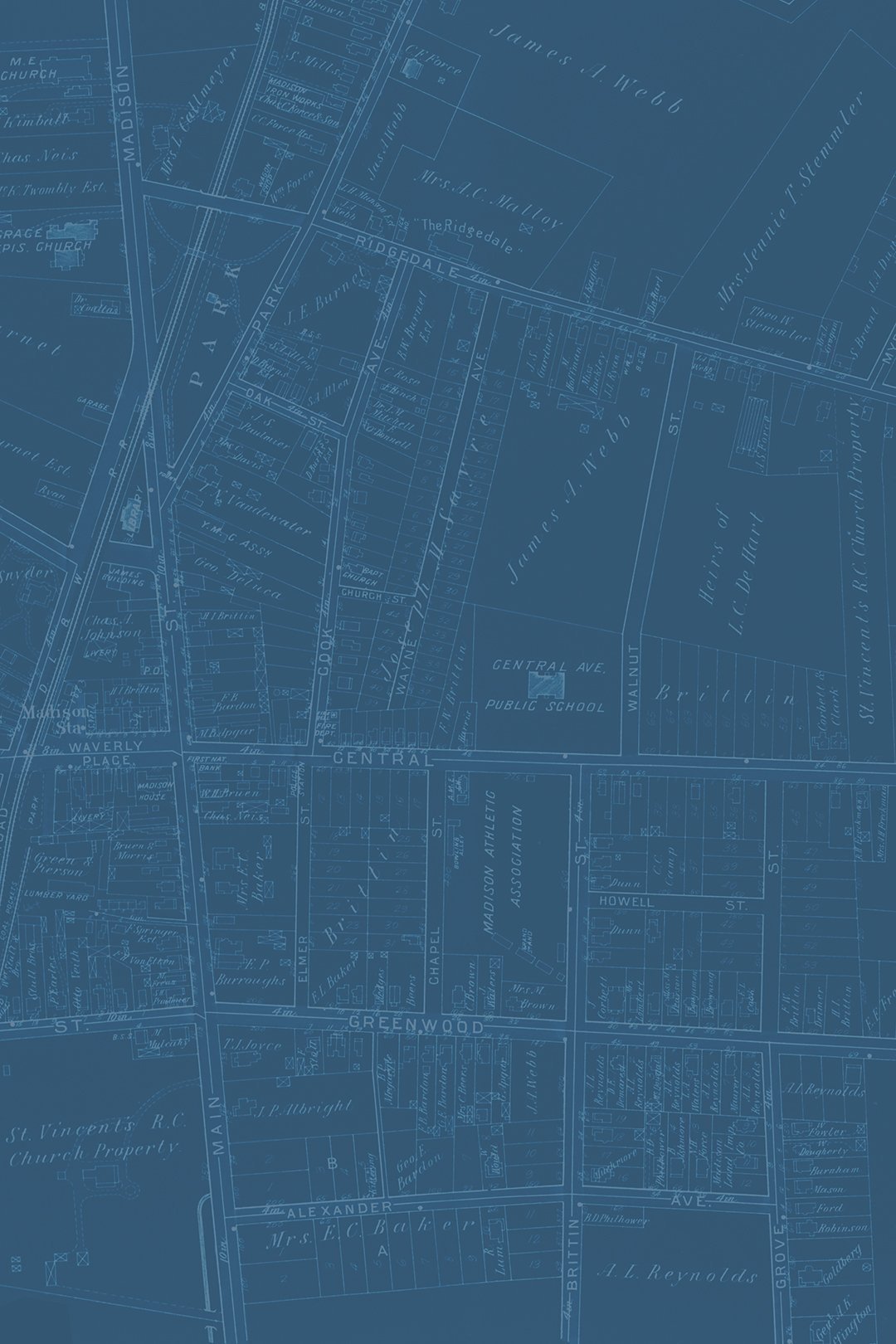

History at Home Blog
Welcome to our blog! You can browse the posts below to explore Madison History!
The History Behind Some of Madison Street Names
By Susan Simon
Both Lathrop Avenue and Wisteria Court are connected to the Lathrop family. Judge Francis S. Lathrop named his estate “Pine Tree Farm” which he built in 1842 off Loantaka Way. “Pine Tree Farm” became known years later as Giralda Farms. Francis Lathrop was the first regular railroad commuter in the county and possibly in the country. He paid $100 for six months in advance to travel daily between Madison and Newark. During the six months the conductor was told to let him ride whenever he wanted. The price of a ticket became $60 a year two years later. For the next thirty years, he held ticket number one.
Hildegard E. Peplau
By Doug Simon
Hildegard E. Peplau was one of the world’s leading nurses and theorists of the 20th century. It has been argued that Dr. Peplau’s life and work produced the greatest changes in nursing practice since Florence Nightingale. Indeed, she is credited with developing a breakthrough theory that provides the foundation of modern nursing practices. Her stunning career earned her the titles “Nurse of the Century” and “Mother of Psychiatric Nursing.” She was also a resident of Madison, New Jersey for 30 years.
George H. Yeaman
By Doug Simon
His name was George Helm Yeaman. In his later years he lived in the Borough of Madison and helped to found the Madison Golf Club in 1896. But 31 years earlier on January 31, 1865, George Yeaman did something that dramatically changed the course of history of the United States. Yeaman was a Kentuckian.
Mayor of Madison and “Father of the Skyscraper”
Fortwo years, 1920-1922, William Aiken Starrett, Jr. served as Mayor of the Borough of Madison. He and his wife Eloise, his daughter Helen Ruth, and his son, David, lived in a five-bedroom Tudor home in Madison. That was one side of Starrett’s life. The other side was his enormous body of work as an architect and builder with his crowning achievement being the construction of the Empire State Building, at the time the tallest building in the world.
A Founding Father of Orthopedic Surgery in the United States
We all know that the Sayre family name is integral to the history of Madison. We know that the house built on Ridgedale in 1745 by Daniel Sayre was host to General “Mad” Anthony Wayne during the Revolutionary War. We know that Baxter Sayre was a leader in the anti-slavery movement and helped many runaway slaves along the Underground Railroad on their journeys north.
How Madison Got Its Name
The Presbyterian Meeting House built in 1749 when Madison was called Bottle Hill. Citizens came to worship at the house from modern day Chatham, Florham Park, Madison and Chatham Township.
Madison and the Underground Railroad
In 1804 New Jersey passed An Act for the Gradual Abolition of Slavery and the state soon became one of the key destinations for runaway slaves as well as a key section of the Underground Railroad for those seeking to go further north. The State’s location was crucial, positioned between two of the Railroad’s most active urban centers – Philadelphia and New York City.
Expression of Community Support: The Spirit of Madison
Throughout the United States during World War II, it was not at all unusual for communities to offer expressions of support for the war effort and Madison was no exception. Fund raising campaigns to purchase tanks, trucks, and jeeps were popular choices. But Madison chose a war plane.
Wingate House
Madison has a few houses that were built during the 18th century. During the bicentennial celebration of 1976, the Bicentennial Heritage Committee recognized the houses with a special plaque that the borough placed on each of the houses.










